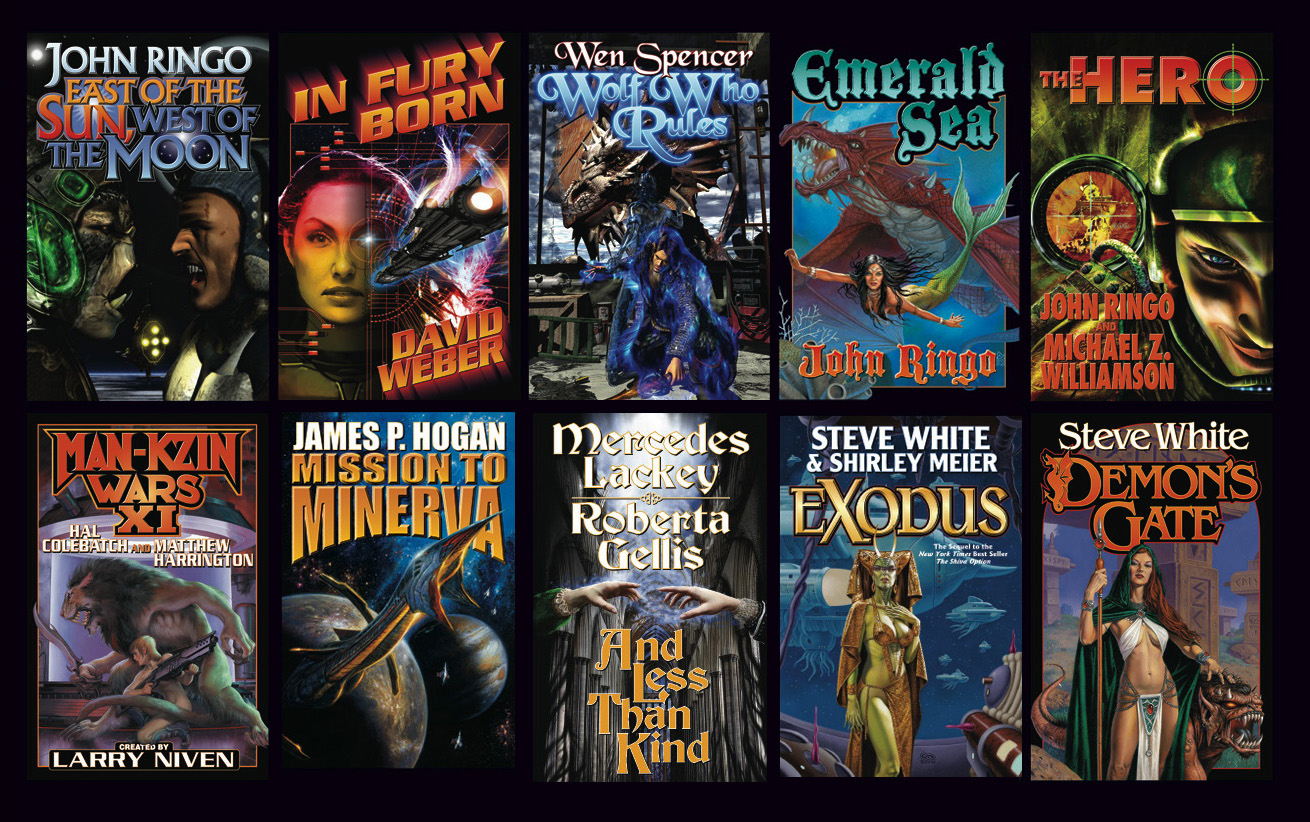CmdrShepN7
Active Member
- Joined
- Dec 25, 2019
- Messages
- 28
Back during the 2000s most American space adventure novels were bland military gung ho stuff published by Baen.

The best space adventures during the 2000s were from British Authors. Alastair Reynolds, Iain M. Banks, Neal Asher, Peter F. Hamilton, etc.
But since James S.A. Corey's "The Expanse" series shown up back in 2011 there has been a boom in space adventure by American authors set in new and creative sci fi futures.

I wish we had this stuff during the late 90s and 2000s.
It would be nice if an American author given the book world their own equivalent of "Mass Effect".
Why didn't American authors dream of space and the future in the 2000s?
Why couldn't they come up with new and exciting visions of the far future?

The best space adventures during the 2000s were from British Authors. Alastair Reynolds, Iain M. Banks, Neal Asher, Peter F. Hamilton, etc.
But since James S.A. Corey's "The Expanse" series shown up back in 2011 there has been a boom in space adventure by American authors set in new and creative sci fi futures.

I wish we had this stuff during the late 90s and 2000s.
It would be nice if an American author given the book world their own equivalent of "Mass Effect".
Why didn't American authors dream of space and the future in the 2000s?
Why couldn't they come up with new and exciting visions of the far future?

